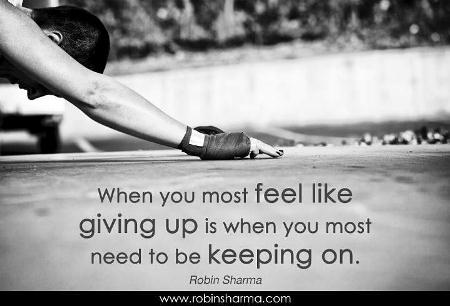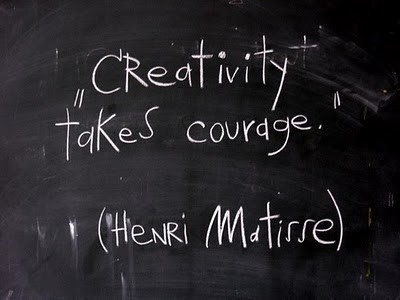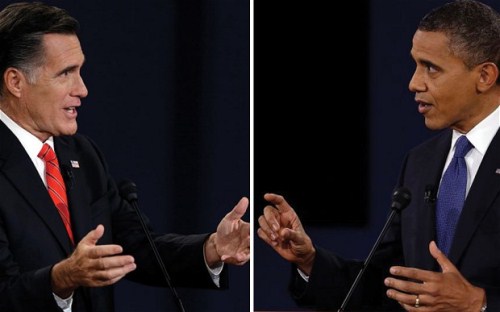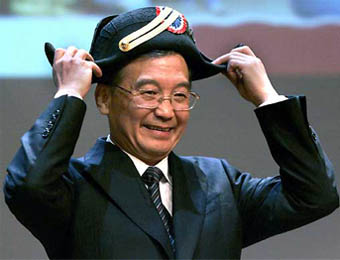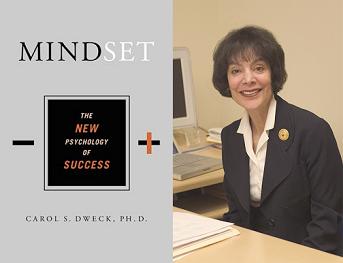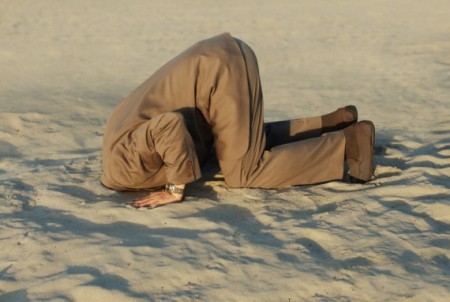Coming back to John Cleese take on creativity, let’s dwell a little bit on his 5 conditions that make it easier to reach an open mode, which enables creativity:
 Space (quiet space – isolation of usual pressures and demands)
Space (quiet space – isolation of usual pressures and demands)- Time (create space for a specific period of time where normal life stops) – create also boundaries of time to stop!
- Time (sleep on it – leave time to mature the solutions you’ve found – even several days)
- Confidence (which is required for playfulness – be free to play and look at the unexpected). When you’re being creative nothing is wrong!
- Humor – gets from the “closed” to the “open” mindset mode the quickest
Further more, John Cleese emphasizes that even if encounters and discussions are great to create new ideas through the encounter of two different frameworks, isolation and time are also needed to mature them.
Once again we find creativity at the contact point of a contradiction between social encounter and personal reflection. Creativity needs both in harmony and not in conflict.
If you are outgoing, do you also take enough quiet time? If you are introvert, do you socialize enough? Balance is the key to exploiting these apparent contradictions!

